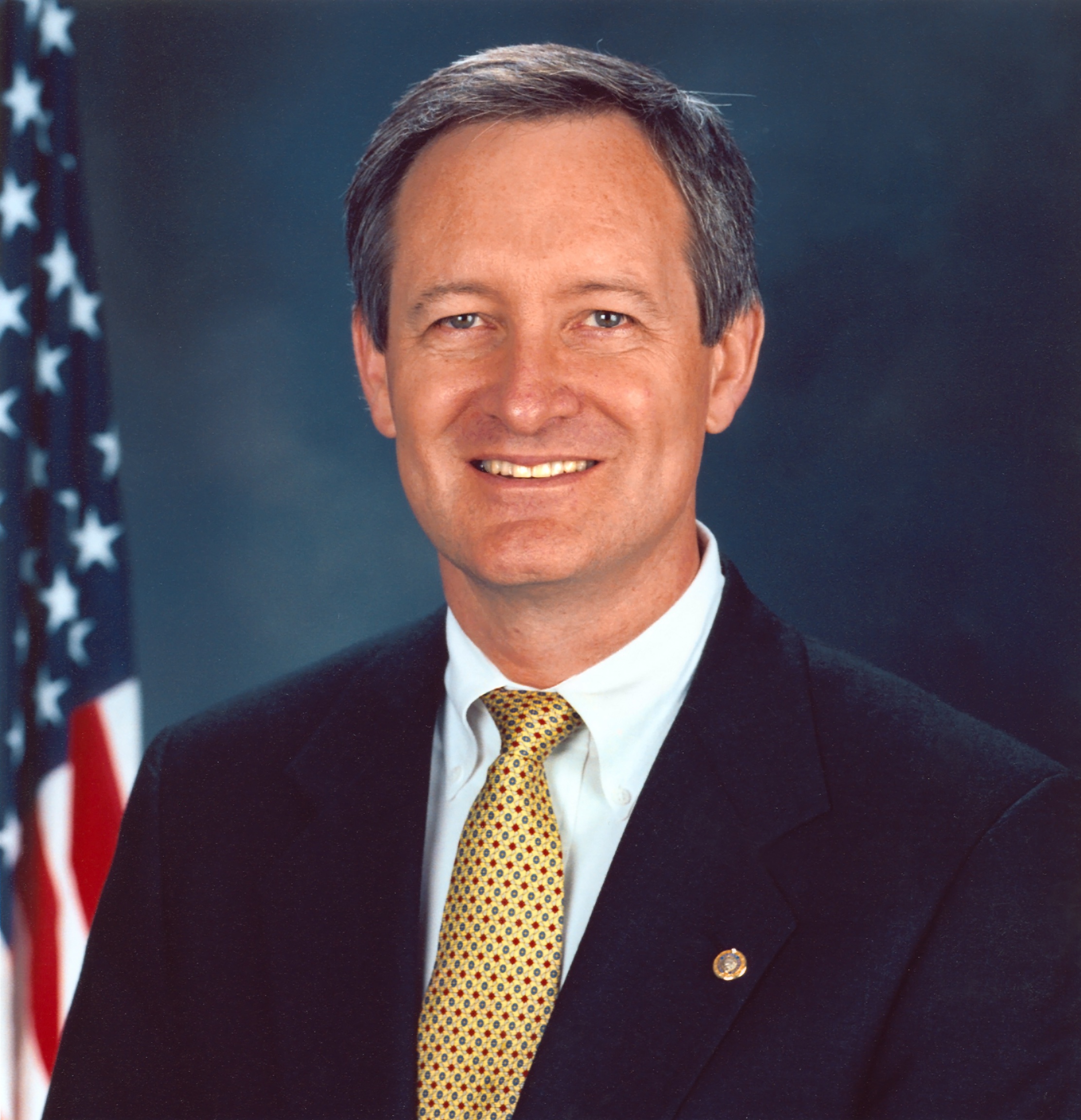SALT LAKE CITY — With Mitt Romney
losing his race for the White House, another Republican with Utah ties may be
on his way to Washington, D.C. to play a key role in President Barack Obama’s
administration.
Former Utah Gov. Jon Huntsman, Jr.,
an unsuccessful candidate for this year’s GOP presidential nomination, is being
mentioned as a possible pick to replace Secretary of State Hillary Clinton when
she steps down at the start of Obama’s second term.
The Associated Press reported
Thursday that while U.N. Ambassador Susan Rice and Massachusetts Sen. John
Kerry are likely high on Obama’s list, unnamed officials “are pointing to Jon
Huntsman,” who served as the Democratic president’s U.S. ambassador to China.
The wire service said Huntsman
continues to be widely respected in the administration, despite his attempt to
unseat Obama. Naming Huntsman to another top post would allow the president to
claim bipartisanship while tapping his extensive knowledge of China.
Huntsman told KSL-TV that his
future is focused on his family and his work, which includes serving as
distinguished fellow at a prominent Washington think tank and as chairman of
the Huntsman Cancer Institute as well as giving speeches around the country.
He described what’s ahead for him
as “managing a lot of projects that I find absolutely fun, interesting and
satisfying.” After returning from China, Huntsman bought a family home in
Washington and also a condominium in downtown Salt Lake City.
The speculation Huntsman could be
asked a second time to serve in the Obama administration caught many political
observers off guard.
“Oh, wow. Wow. Really?” said Quin Monson, head
of Brigham Young University’s Center for the Study of Elections and Democracy.
“That would be very surprising.”
Monson said it would seem unlikely
Huntsman would be brought back into a Democratic administration after running
against President Obama.
“On the other hand, he’s signaling
he’s had it with the Republican Party. Going back for another round seems to
make his transition complete,” Monson said, referring to Huntsman’s complaints
about the direction the GOP is headed.
If Huntsman is serious about
pursuing the post, Monson said that’s likely a sign he’s no longer eyeing
another presidential bid, in 2016, at least not as a Republican. Huntsman has
talked about the need for a new, third political party to emerge.
New Hampshire politician Peter
Spaulding, a top adviser to Huntsman’s short-lived presidential campaign,
agreed that re-joining the Obama administration all but ends Huntsman’s
political career as a Republican.
Spaulding, who said he agrees with
Huntsman’s assessment that the GOP has moved too far to the right, wants to see
him take on the party rather than leave.
“I do think he has a future in the
party and I think the party hopefully has learned it has got to moderate its
positions,” Spaulding said. “I would like to see him be one of the Republicans
who leads those efforts.”
Spaulding, a county commissioner,
said he plans to support Huntsman if he makes another run for the presidency
and said he’d have a good chance of doing better.
Huntsman dropped out of the
presidential race earlier this year after skipping the Iowa caucus vote and
finishing a disappointing third in the New Hampshire primary.
Dante Scala, a University of New
Hampshire political science professor, was less enthusiastic about Huntsman’s
prospects.
“He burned fewer bridges with Obama
than he did with the Republican Party. I would be surprised if Jon Huntsman has
any kind of future in national Republican Party politics,” Scala said.
Especially, he said, since there
are other moderate Republicans like New Jersey Gov. Chris Christie poised to
jump into the 2016 race and take the party in a different direction.
“He might as well go work for Obama
again. I don’t think he could damage his reputation that much more than he has
already done,” Scala said.
Another option for Huntsman would
be running for office in Utah, possibly for the Senate seat now held by Sen.
Mike Lee, R-Utah. But Monson said that would be a tough race for Huntsman
because of his moderate politics.
“I don’t’ know that he would get
elected in Utah again as a Republican,” Monson said, suggesting Huntsman might
have better luck as a Democrat. “I think his move ideologically to the center
has helped his chances on the national stage” but not with the GOP in Utah.
Huntsman avoided directly attacking
the GOP in his interview and said he cares more about the future of the country
than the future of the Republican Party.
“It’s a time when people just want
to know they’re going to be OK,” he said. “Sometimes party politics can run
counter to the reassurance that people are looking for, so it’s a time when we
need to start thinking about what’s right for the country most of all. And then
I think party politics will follow.”
Contributing: John Daley





